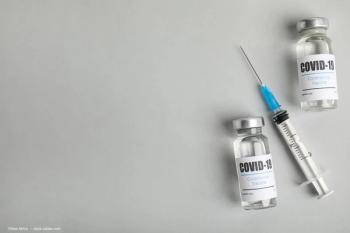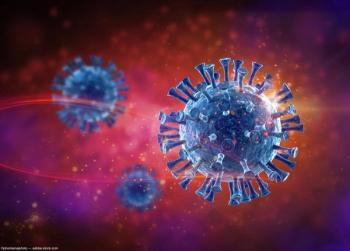
COVID-19 mutations: A more efficient virus
While the spikes that are characteristic of COVID-19 are well-documented, researchers have detected a subtle change from the onset of the pandemic in January to May, when the virus ultimately engulfed New York City.
The spikes that are characteristic of COVID-19 are well-documented and readily recognizable. However, there has been a subtle change noted by Egon Ozer, MD, PhD, from the onset of the pandemic in January to May, when the virus ultimately engulfed New York City.
The change in the virus seemed minimal, with just 1 amino acid affected, specifically number 614, which Dr. Ozer explained, switched in a new variant for glycine that replaced aspartic acid.
Ozer is from the Northwestern University Feinberg School of Medicine, Chicago.
According to a report in the Washington Post, this change facilitated the spiking ability of the virus to more efficiently gain entrance into human cells.
In addition to this ability to break into the cells, scientists at Los Alamos National Laboratory published their
This potent variant now seems to be the dominant variant around the world.
However, recognizing it is one thing. Dealing with it is another matter.
A positive observation is that the mutation does not seem to lead to worse outcomes in patients, according to Hyeryun Choe, PhD.
“Nor did it alter the virus’s response to antibodies from patients who had the D variant,” said Choe, a professor in the Department of Immunology and Microbiology,
Scripps Research, Jupiter, Florida.This means that the vaccines being developed based on the original version of the virus will be effective against this mutation.
Newsletter
Don’t miss out—get Ophthalmology Times updates on the latest clinical advancements and expert interviews, straight to your inbox.





























